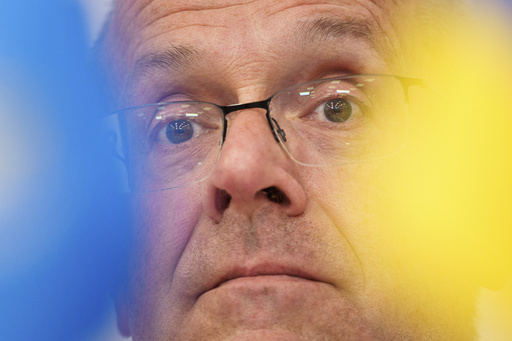
The World Health Organization has raised concerns regarding a potential health crisis in Ukraine as the country enters its third winter of war following Russia’s full-scale invasion. Russian airstrikes have caused extensive damage to Ukraine’s energy and healthcare infrastructure, leaving millions at risk, according to officials from the UN agency.
Hans Kluge, the WHO’s regional director for Europe, emphasized the urgent need for heightened focus on health in Ukraine, stating that the situation is becoming increasingly challenging. Since the start of the invasion in February 2022, close to 2,000 attacks on Ukraine’s healthcare facilities have been recorded, significantly impacting the predominantly public health system.
The destruction of energy infrastructure has led to frequent power outages, which could impede the storage and distribution of vaccines, potentially resulting in an increase in vaccine-preventable diseases. Kluge also highlighted concerns regarding the water system’s contamination due to power outages and the escalating issue of antimicrobial resistance due to antibiotic misuse.
The WHO is taking steps to address the situation by installing heating units in hospitals at risk of further attacks, establishing treatment clinics in areas with limited healthcare access, providing generators and backup power options, and assisting in implementing health system reforms as per local Ukrainian authorities and Western governments’ initiatives. Efforts are already underway in Kharkiv, Ukraine’s second-largest city in the east, which has been a frequent target of Russian attacks.
Three individuals lost their lives, and two were injured following Russian strikes on Red Cross humanitarian vehicles in the Donetsk region, as reported by President Volodymyr Zelenskyy. Zelenskyy stressed the importance of global action and collaboration to pressure Russia to halt its actions and seek peace. The WHO has called for swift and comprehensive intervention to address the crisis in Ukraine.
